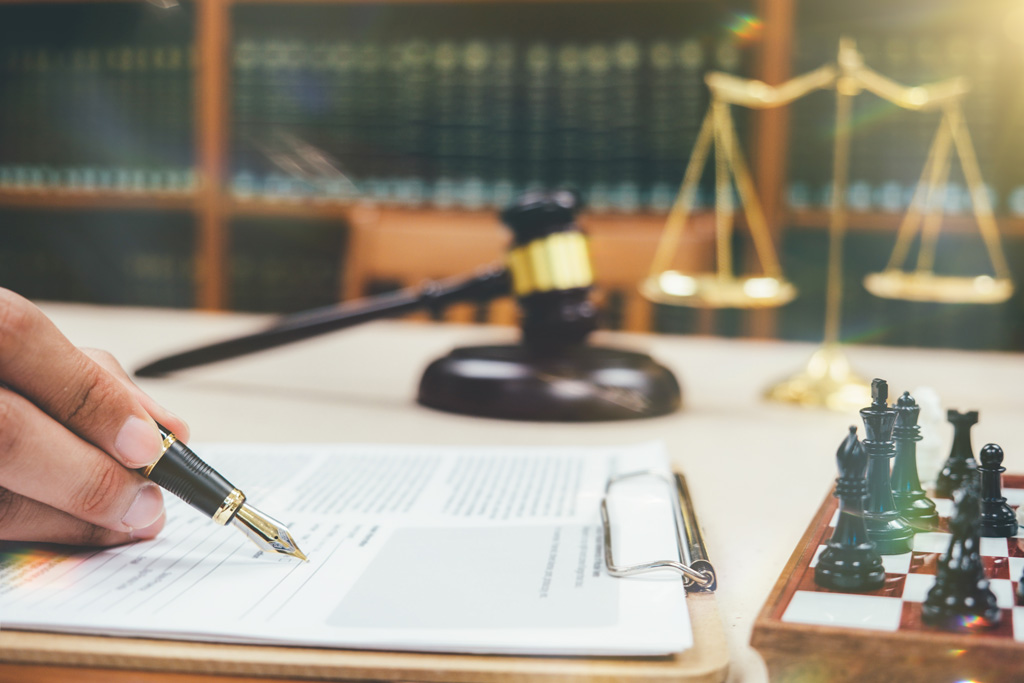-
Find your place in the sun
- Home
-
Property Search
- Property Search
-
Property in Spain
- Property in Spain
- Almeria
- Costa Blanca
- Costa del Sol
- Costa Brava
- Costa de la Luz
-
Costa Tropical
- Costa Tropical
- La Herradura
- Almuñécar
- Salobreña
- Motril
- Murcia
- Valencia
- Inland Andalucia
-
Canary Islands
- Canary Islands
- Tenerife
- Fuerteventura
- Lanzarote
- Gran Canaria
- Balearic Islands
- All Areas
- Property in France
-
Property in Portugal
- Property in Portugal
- Algarve
- Albufeira
- Lagos
- Lisbon Coast
- Silver Coast
- All Areas
- Property in Italy
-
Property in Greece
- Property in Greece
- Aegean Islands
- Corfu
- Crete
- Halkidiki
- Ionian Islands
- All Areas
- Property in Florida
- Property in Cyprus
- Property in Turkey
- Search all countries
- New Developments
- Find an agent in...
- Most Popular Properties
-
-
Help & Guides
- Help & Guides
- How to Buy
- Area Guides
- Free Guide Download
- Professional Services
- Currency
- Mortgages
- Insurance
-
Relocation
- Relocation
-
Moving to Spain
- Moving to Spain
- Buying property in Spain
- Living in Spain
- Retiring to Spain
- How to move to Spain
-
Moving to France
- Moving to France
- Buying property in France
- Living in France
- Retiring to France
-
Moving to Portugal
- Moving to Portugal
- Buying property in Portugal
- Living in Portugal
- Retiring to Portugal
-
Moving to Italy
- Moving to Italy
- Buying property in Italy
- Living in Italy
- Retiring to Italy
-
Moving to Cyprus
- Moving to Cyprus
- Buying property in Cyprus
- Living in Cyprus
- Retiring to Cyprus
- Moving to Malta
- Find a Lawyer
- Viewing Trips Guide
- Articles
- Webinars
- New Developments
- Live Events
-
TV Show
- TV Show
- Episodes
- Presenters
- Apply
- Advertise with us
-
- Sign up / sign in
- Currency
- Find an agent
- Advertise with us
Finding a Lawyer in Spain
 If you're planning to buy a property in Spain, it's never too early to start looking for a lawyer to represent your interests throughout the transaction.
If you're planning to buy a property in Spain, it's never too early to start looking for a lawyer to represent your interests throughout the transaction.
Even if you haven't found your ideal property yet, it's worth lining up an independent, qualified lawyer who will be able to help you.
Getting independent legal advice in Spain
If you are seriously considering buying a property in Spain it is never too early to start looking for a lawyer to represent your interests throughout the transaction, even before you have found the ideal property. If you have a lawyer in place – and of course the funds to buy or an agreement in principle for a mortgage then an estate agent will consider you a serious buyer which may also help you when negotiating the final price.
When you do have an offer accepted you certainly require an independent lawyer in place just as you would when buying a property in the UK and should never sign any documentation before having it examined by your legal professional.
While an estate agent in Spain will do a lot more for you than the equivalent in the UK and can be a valuable source of local information, ultimately they represent the seller and the seller’s interests.
It is not unusual for an estate agent to recommend a lawyer they know, this lawyer may be particularly expert in the local area or have previously acted for buyers on a development you’re interested in and so be considered a good option for you. However it is advisable to source an independent lawyer who you feel will protect your interests.
How do I find a good lawyer in Spain?
When looking for a lawyer you should check they are fluent in English, a specialist in conveyancing, independent of the seller/ developer and your estate agent and fully insured to a public liability premium well above the value of your purchase. Always insist that any advice from your lawyer is put in writing, this concentrates the mind of any lawyer and helps to ensure a high standard of professionalism.
What should my lawyer do in Spain?
First of all you need to agree your lawyer’s fees, typically around 1% of the purchase price, and understand the associated costs with buying property in Spain. Once you have commissioned the lawyer to act on your behalf they will advise what to do next, but the issues they will look into include:
- Check the property is registered at the Land Registry and obtain a copy of the land search or ‘nota simple’
- Ensure the property has a license of first occupation, this confirms the property has been built as per the planning permission, and check that the boundaries are clearly identified
- Check the property is registered for local rates known as ‘impuesto do bienes inmuebles’
- Ask to see recent utility bills and check what individual meters are in place e.g., water and electric
- Assess the taxable value of the property, the level at which the tax authorities will accept for transfer taxes
- Ensure there are no outstanding charges or mortgage against the property or that any in place will be satisfied by the sale
If required, your lawyer will usually be able to help you in other areas such as arrange a survey or valuation, open a local bank account, obtain an NIE number (a foreigner’s identification number), assist with setting up a Spanish will and power of attorney.
FAQs: Finding a Lawyer in Spain
Why do I need a property lawyer in Spain when buying a home?
A property lawyer in Spain ensures your purchase is legally sound, checks for any debts or legal issues attached to the property, and helps with the conveyancing process. This protects you from potential risks and complications. They can also negotiate on your behalf.
How do I choose the right solicitor for buying property in Spain?
Look for a solicitor experienced in Spanish property law, preferably an independent lawyer in Spain who can provide unbiased advice. Check reviews, ask for recommendations, and ensure they speak your language. Choose one with experience in that region of Spain.
What is the role of a conveyancing solicitor in Spain?
A conveyancing solicitor in Spain handles all legal paperwork related to transferring property ownership, including title searches, contract reviews, and liaising with the local land registry.
Can I use any lawyer in Spain for property purchase, or do I need a specialist?
While any licensed Spanish lawyer can assist, it’s best to use a specialist property lawyer in Spain with specific experience in real estate transactions to ensure thorough legal due diligence. Use one familiar in local and regional laws.
Are Spanish property solicitors different from regular lawyers?
Yes, Spanish property solicitors focus specifically on property law, conveyancing, and real estate transactions, providing expertise in buying and selling property in Spain.
How much does hiring a property lawyer in Spain cost?
Costs vary but typically range from 1% to 2% of the property price. A property lawyer will provide a clear fee estimate upfront, covering legal checks, contract preparation, and closing procedures.
What legal advice should I expect when buying property in Spain?
Your lawyer should advise on property title, property tax obligations, community fees, permits, rental rules, and any legal restrictions, ensuring you understand all legal responsibilities before committing.
Can a lawyer in Spain help if I’m buying property in popular areas like Ibiza or Lanzarote?
Absolutely. Many property lawyers in Spain specialize in different regions like Ibiza and Lanzarote and can provide tailored legal support specific to those local markets.
